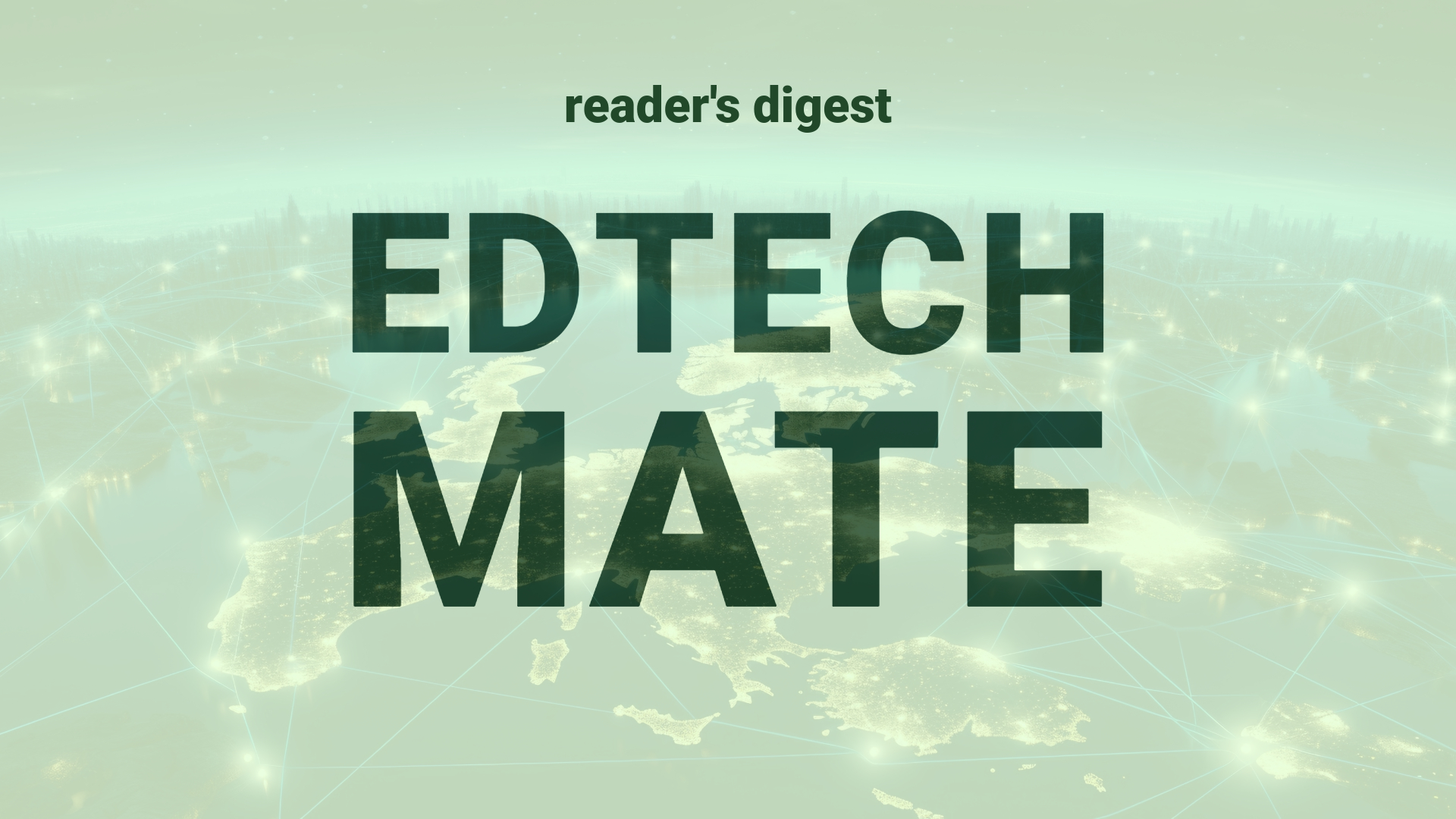“`html
Executive Summary and Main Points
The recent lawsuit filed by Elon Musk against OpenAI, co-founded by Musk in 2015, highlights a significant divergence from the company’s original non-profit mission to develop artificial general intelligence (AGI) for the common good. Instead, Musk’s legal team alleges that the company has shifted towards prioritizing profit generation for Microsoft, its major investor. This shift is seen as a betrayal of the founding agreement. The case underscores tension amidst the backdrop of rapid development and deployment of AI technologies such as ChatGPT, Microsoft’s strategic investments, and the broader scrutiny of AI’s ethical implications on a global scale.
Potential Impact in the Education Sector
The ongoing case between Musk and OpenAI might affect the education sector in various ways. If the mission of AGI development sways toward profit maximization, there could be implications for how such technologies are accessed and implemented within Further Education and Higher Education. The prioritization of commercial interests over broader humanistic values may restrict the openness and collaborative potential of such AI tools, impacting the development and distribution of Micro-credentials and potentially stifling innovation through exclusive partnerships rather than broader, sector-wide engagement.
Potential Applicability in the Education Sector
AGI and tools like ChatGPT could revolutionize global education systems by personalizing learning, automating administrative tasks, and providing sophisticated research assistance. In Higher Education, such AI could facilitate cross-institutional collaboration, enhance student engagement, and support more robust e-learning environments. Further Education might use AI to bridge educational gaps and offer flexible learning pathways, while micro-credentialing could leverage AI to track learning progress and validate skills in a rapidly changing job market.
Criticism and Potential Shortfalls
Critically, the transformative potential of AGI in education is mired with ethical concerns, particularly if it becomes the proprietary tool of a single corporate entity. The adoption of such technology across different international education systems also brings forward concerns regarding data privacy, potential biases in AI algorithms, and the cultural sensitivity of educational content. Comparative international case studies, such as the EU’s scrutiny of Microsoft’s investment, point towards a need for a balanced approach that considers the equitable access to and benefits of AI in education.
Actionable Recommendations
Education leaders should explore partnerships that emphasize the open and ethical use of AI, ensuring that tools like AGI serve diverse educational needs and not just commercial interests. Investments and project developments should include assessments of AI’s implications on educational equity and data security. Furthermore, international consortia could be formed to advocate for the development of regulatory frameworks governing AI use in education, ensuring that all global players adhere to standards that benefit humanity as a whole.
“`
Source article: https://www.cnbc.com/2024/03/01/elon-musk-sues-openai-and-ceo-sam-altman-over-contract-breach.html

